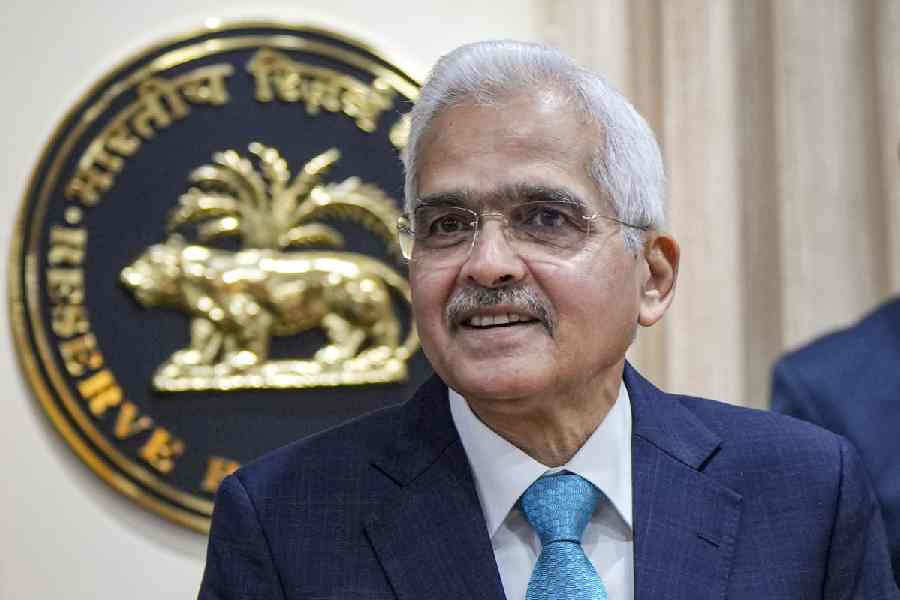In a move that will bring relief to micro and small enterprises (MSEs), the Reserve Bank of India (RBI) on Wednesday proposed they will not have to pay any foreclosure charges on floating rate loans.
RBI governor Shaktikanta Das on Wednesday said that the banking regulator has taken several measures over the years to safeguard consumer’s interest.
As part of these steps, banks and non-banking finance companies (NBFCs) are not permitted to impose foreclosure charges or pre-payment penalties on any floating rate term loan sanctioned to individual borrowers for purposes other than business.
“It is now proposed to broaden the scope of these guidelines to include loans to MSEs,” he disclosed.
Earlier, the Federation of Indian Micro and Small and Medium Enterprises (FISME) alleged that some banks have been using foreclosure and non-compliance charges to punish the MSME borrowers that are looking for better terms and credit facilities with other rival entities.
“MSEs typically take unsecured business loans, which are normally on a fixed rate, as well as loan against property, which is on floating rate.
“While positive for customers, the RBI’s move will have a negative impact on the profitability of lenders, and could also potentially increase the loan prepayments and balance transfer.” Anil Gupta, senior vice-president, co group head — financial sector ratings, Icra said.
UPI Lite
The RBI on Wednesday announced the increase of the UPI Lite wallet limit to ₹5,000 and per-transaction limit to ₹1,000, in order to encourage wider adoption of the popular instant payment system through mobile phones.
A limit of ₹500 per transaction and an overall limit of ₹2,000 per UPI Lite wallet, is applicable, with the facility of auto-replenishment.
The per-transaction limit in UPI123Pay will be enhanced to ₹10,000 from the current ₹5,000.
With inputs from PTI










